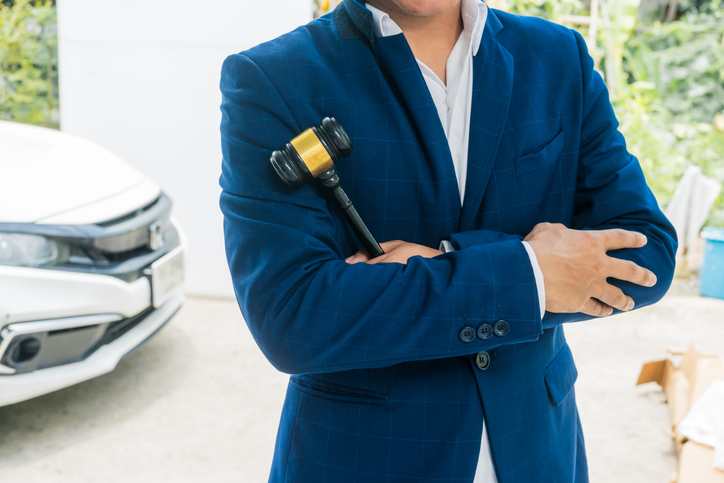At Shainfeld Law, our California lemon law attorney has over 15 years of experience representing vehicle owners throughout the state in pursuing their rights under the California Lemon Law after purchasing or leasing a defective vehicle that cannot be fixed after a reasonable number of attempts. For every case we have taken, we have produced tangible results 99% of the time. We pride ourselves on those victories, which is why we keep our fingers on the pulse of changing legislation that impacts California consumers, including Assembly Bill 1755.

What is Assembly Bill 1775 and How Does It Impact California Consumers?
Assembly Bill 1755 (AB 1755), signed into law by Governor Gavin Newsom on September 29, 2024, introduces significant reforms to California’s Lemon Law, aiming to expedite the resolution of vehicle defect claims and alleviate the burden on the state’s court system.
Key Provisions of AB 1755 include:
- Mandatory Mediation Process:Consumers are now required to seek a resolution through mediation with the vehicle manufacturer before filing a lawsuit.
- Streamlined Discovery Procedures:The law mandates the immediate and voluntary exchange of information between consumers and manufacturers once a lemon law lawsuit is filed, aiming to expedite the legal process.
- Pre-Litigation Notice Requirements: Consumers must provide written notification to manufacturers when seeking a buyback or replacement of a defective vehicle. Manufacturers must respond within 30 days and complete the transaction within 60 days. Failure to comply can result in penalties, including a $50 per-day
- Statute of Limitations:The law establishes that lemon law civil actions must be filed within one year of the expiration of the applicable warranty and no later than six years from the vehicle’s delivery date.
California Governor’s Reservations and Future Amendments
Despite signing AB 1755, Governor Newsom expressed concerns regarding the bill’s development process and its potential impact on various automakers, notably smaller electric vehicle manufacturers. He noted that several consumer groups and the majority of automakers were not part of the negotiations, leading to substantive opposition.
In response to these concerns, the authors of AB 1755 have agreed to introduce a subsequent bill to amend the statute in the 2025-2026 legislative session. The proposed amendments would allow automakers to voluntarily opt into the new procedures. Those who do not opt-in will continue to be subject to the existing Lemon Law rules.
What are the Implications for Consumers and Manufacturers?
- For Consumers:AB 1755 aims to expedite the resolution of lemon law claims, potentially reducing the time and costs associated with litigation. However, consumers must adhere to the new prelitigation notice requirements and be aware of the revised statute of limitations.
- For Manufacturers:The law encourages prompt responses to consumer complaints and facilitates the early exchange of information. To avoid penalties, manufacturers must be prepared to engage in mandatory mediation and comply with the specified timelines.
These reforms represent a significant shift in California’s handling of vehicle defect claims, emphasizing efficiency and consumer protection. Both consumers and manufacturers should familiarize themselves with the new procedures to ensure compliance and to navigate the updated legal landscape effectively.
If you believe your California vehicle may be a lemon and is still under the manufacturer’s warranty, contact our experienced Los Angeles lemon law attorney at Shainfeld Law, P.C., today by calling 888-609-2593 or request a free consultation online. The manufacturer is responsible for ALL your legal fees. That means you pay nothing out of pocket for your lemon law claim. If we are not successful, you still pay us nothing.